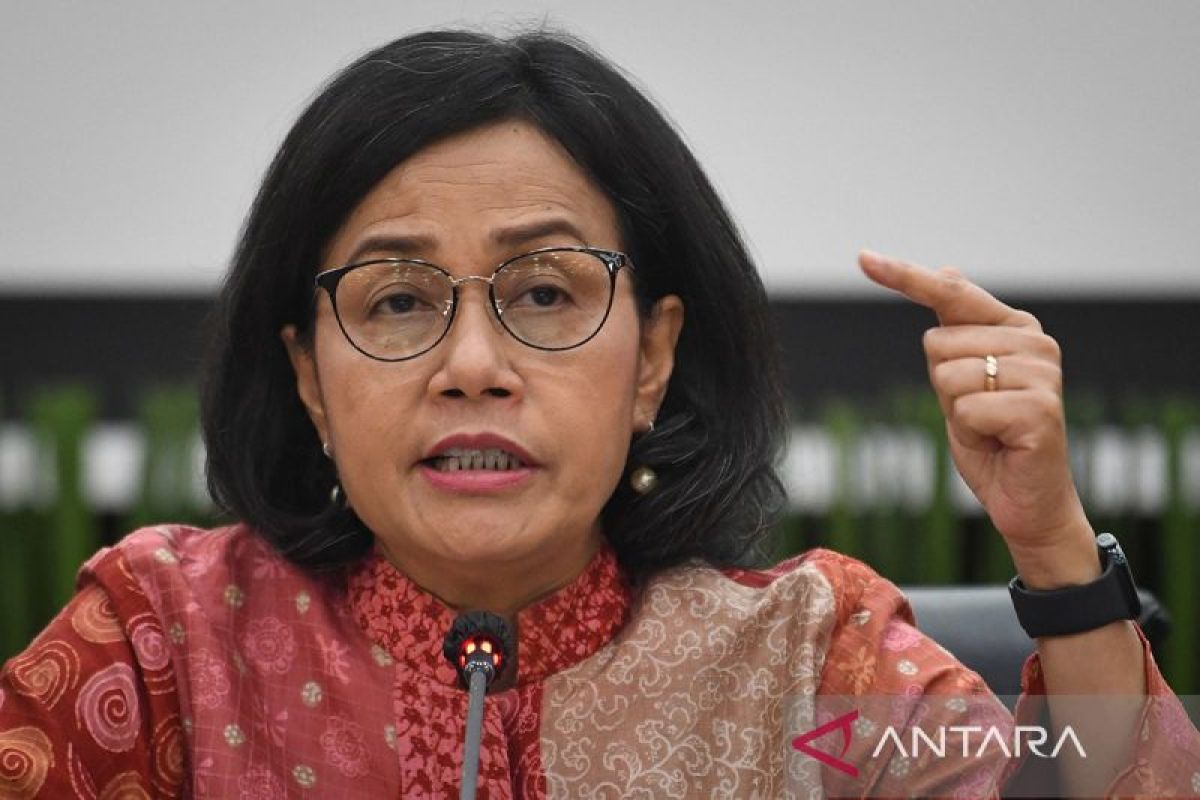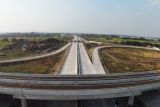Jakarta (ANTARA) - The tax facilities for the development of Nusantara in East Kalimantan will aim to help the new capital city become an economic center, Finance Minister Sri Mulyani Indrawati said.
"The government will also provide tax facilities to support Nusantara not only as a residential area but also as a center of economic activities," she told a press conference in Jakarta on Friday.
Tax incentives aim to boost
This policy has been outlined in Ministerial Regulation Number 28 of 2024 concerning tax and customs facilities in Nusantara. The tax facilities include incentives in income tax (PPh), value-added tax (VAT), sales tax on luxury goods (PPnBM), and customs.
Tax holidays will be provided to domestic investors, PPh incentives to the Nusantara Financial Center, reduced PPh to corporations moving their offices to Nusantara, and supertax deductions for research and development, vocational activities, and donations for public facilities in the capital city.
Meanwhile, taxable goods and services considered strategic will not be subject to VAT, such as new buildings and electric motor vehicles registered in Nusantara, as well as property rentals, construction, and waste treatment services.
The PPnBM facility will be given to individuals, corporations, ministries, and agencies engaged in business activities, on duty, or domiciled in Nusantara. The customs facility will be given in the form of exemption from import duties and taxes on goods, which will be used for public interests in Nusantara.
Baca juga: OIKN ungkap BCA dan Intiland "groundbreaking" di IKN
Baca juga: Bandara IKN bisa layani penerbangan internasional ke Eropa
Earlier, the head of the ministry's Fiscal Policy Agency (BKF), Febrio Kacaribu, said that the provision of tax incentives for Nusantara development will not interfere with the existing revenue base.
The incentives aim to attract more private parties to invest in the city so that its development does not overburden the state budget.
Nusantara economy: Indrawati

File - Finance Minister Sri Mulyani Indrawati in Jakarta on March 15, 2024. (ANTARA FOTO/Aditya Pradana Putra/rwa)








